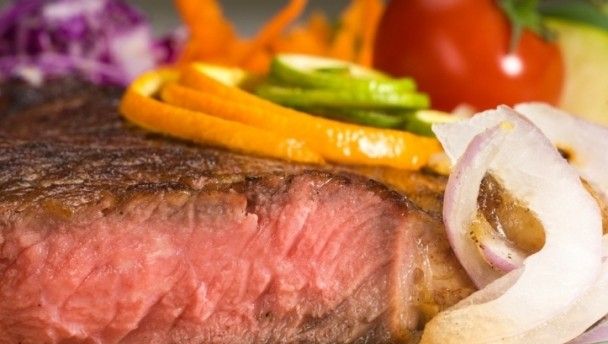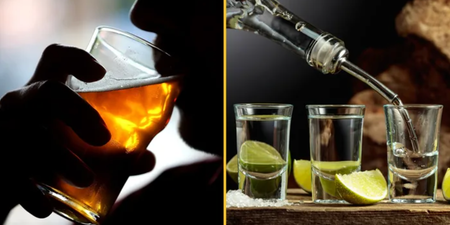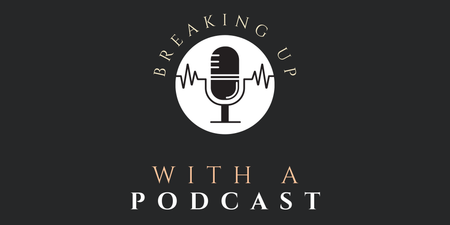The caveman diet has been around a while (several million years) but is currently enjoying a resurgence, particularly among fighters. Here’s how it works.
By Robert Carry
The caveman diet, also known as the Paleolithic diet or hunter-gatherer diet, has a slight whiff of fad off it but it appears to be underpinned by at least some sound reasoning.
Gastroenterologist Walter L. Voegtlin was among the first to suggest that there might be health benefits in replicating diets common during the Paleolithic era, a theory he came across when working on medical treatments for colitis, Crohn’s disease, irritable bowel syndrome and indigestion.
He reckoned that our digestive systems had evolved to deal with a diet of wild plants and animals over the course of a 2.5 million year period that ended 10,000 years ago with the development of agriculture.
The theory goes that our genetics have not changed since the Paleolithic period and that processed foods and carbohydrate-heavy diets have triggered a range of modern health conditions. The fossil record backs up the idea – humans during the period were far leaner and fitter than the average modern man.
Kitava
Back in 1989, a team from Lund University in Sweden studied the non-westernised population on Kitava, one of the Trobriand Islands of Papua New Guinea. The Kitava study discovered that the inhabitants, who lived on a diet similar to what our ancient ancestors survived on, did not suffer from stroke, ischemic heart disease, diabetes, obesity or hypertension.
The diet eaten by the populations looked at in the Kitava study couldn’t be more different from our own. More than 70 per cent of the total daily energy consumed by all people in the United States comes from foods such as dairy products, cereals, refined sugars, refined vegetable oils and alcohol.
Dietary habits in the US may be further down the devolutionary line than we are but we’re not that far behind – and the epidemic levels of obesity, cardiovascular disease, high blood pressure, type 2 diabetes, osteoporosis and cancer are closely linked to modern western diets.
Critics, meanwhile, point out that our ancestors could have been leaner and less likely to fall to disease because they simply ate less than we do at present. They also stress that the high meat content of the diet spells high cholesterol.
I did 14 rounds of non-stop punching yesterday – bags, pads and sparring so I am well able to go the ten rounds at a high intensity.
Many are undeterred. Boxers have been getting onboard the caveman diet bandwagon, with Barry McGuigan’s explosive, unbeaten protege Carl Frampton among its adherents.
“Barry McGuigan’s son Shane has me on a caveman diet – steak and eggs for breakfast, then nuts and berries for snacks,” he said in an interview earlier this month. “Lots of fruit – anything that a caveman would have eaten,” he added.
Although some athletes have been wary of adopting the low-carb diet due to concerns about lack of energy ahead of training sessions, Frampton says his weight and fitness have never been better.
“After training today I was 8st 12lb – just two pounds out with a week to go,” he said. “I did 14 rounds of non-stop punching yesterday – bags, pads and sparring so I am well able to go the ten rounds at a high intensity.”
What to eat:
Red meat
Poultry
Fish and shellfish
eggs
Vegetables
Fruit (although no dried fruit which has high sugar content)
Nuts
Olive oil, nut oils, and flax seed oil
What not to eat:
Dairy of any kind – no yogurt, milk, cheese or butter
Legumes (peas, peanuts and beans)
Grains or grain products (pasta, cereals, bread or other baked goods)
Processed sugar of any kind – nothing sweet
No fizzy drinks or processed fruit juices
Rice
Salt
Corn
Vinegar (or any pickled foods)
Processed meats (lunch meats, burgers, saucages, bacon etc)
Potatoes, sweet potatoes, yams
Processed oils (vegetable oil, corn oil, coconut oil)
Caffeine
Alcohol
Tips
Experts recommend that you only eat vegetables that could be eaten raw. You can, however, cook them.
Another tip is to down a pint of water first thing in the morning.
LISTEN: You Must Be Jokin’ with Aideen McQueen – Faith healers, Coolock craic and Gigging as Gaeilge





















































